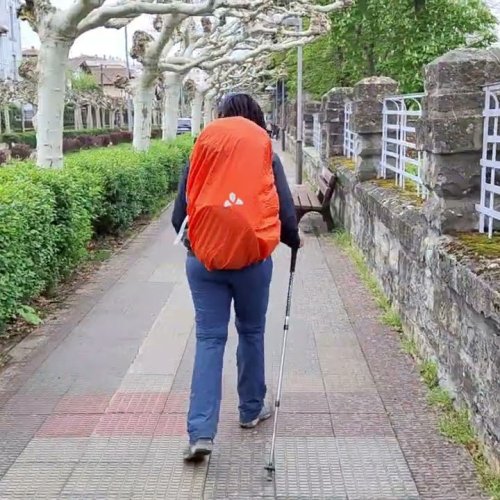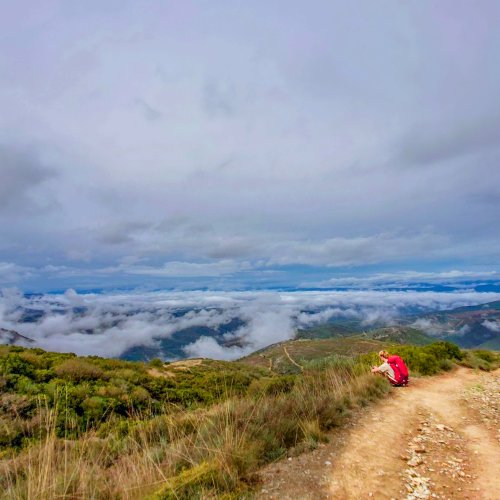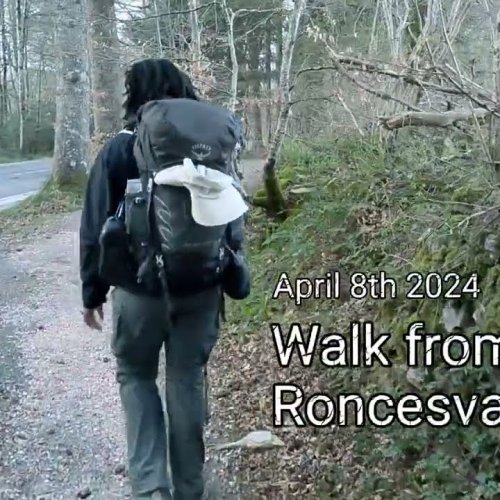ricksca
New Member
I asked a friend of mine to join me on my planned pilgrimage in May. His reply after some study was that, while he is very attracted to the idea of pilgrimage, The Camino isn't his pilgrimage. He said that even though he would love the walk and the company, the essential Christian nature of it would require him to be constantly "reframing" everything. By that, I infer that he means translating all the iconography and liturgy into more universal terms that he would find less exclusive. I infer that, because it is exactly the process I have found myself engaged in since I decided to do the walk. I know that it has been designated a CULTURAL Itinerary by the Council of Europe, but its Christian heritage is undeniably strong.
So, what I'm looking for here isn't help reframing. I get that there are tons of people who walk this for all sorts of reasons with disparate backgrounds and beliefs. What I'm really curious about is what experiences non-Christians (especially Jews) have had actually walking the Camino.
I should mention that the religion of Judaism means very little to me. I'm not fond of any organized religion. Spiritual, but not religious, I guess you might say. But I still feel a little queasy when I find myself surrounded by too much Christianity.
I guess I should also mention before I draw too much negativity in my direction that i'm actually quite fond of Christ. It's just the church that I find somewhat off-putting. (Synagogues too, for that matter).
So, what I'm looking for here isn't help reframing. I get that there are tons of people who walk this for all sorts of reasons with disparate backgrounds and beliefs. What I'm really curious about is what experiences non-Christians (especially Jews) have had actually walking the Camino.
I should mention that the religion of Judaism means very little to me. I'm not fond of any organized religion. Spiritual, but not religious, I guess you might say. But I still feel a little queasy when I find myself surrounded by too much Christianity.
I guess I should also mention before I draw too much negativity in my direction that i'm actually quite fond of Christ. It's just the church that I find somewhat off-putting. (Synagogues too, for that matter).











